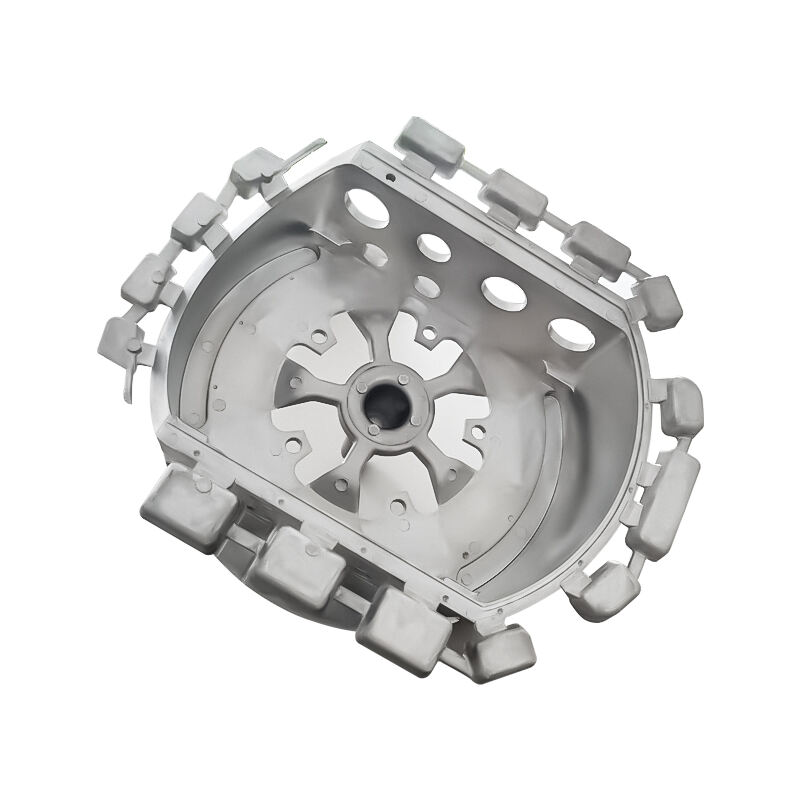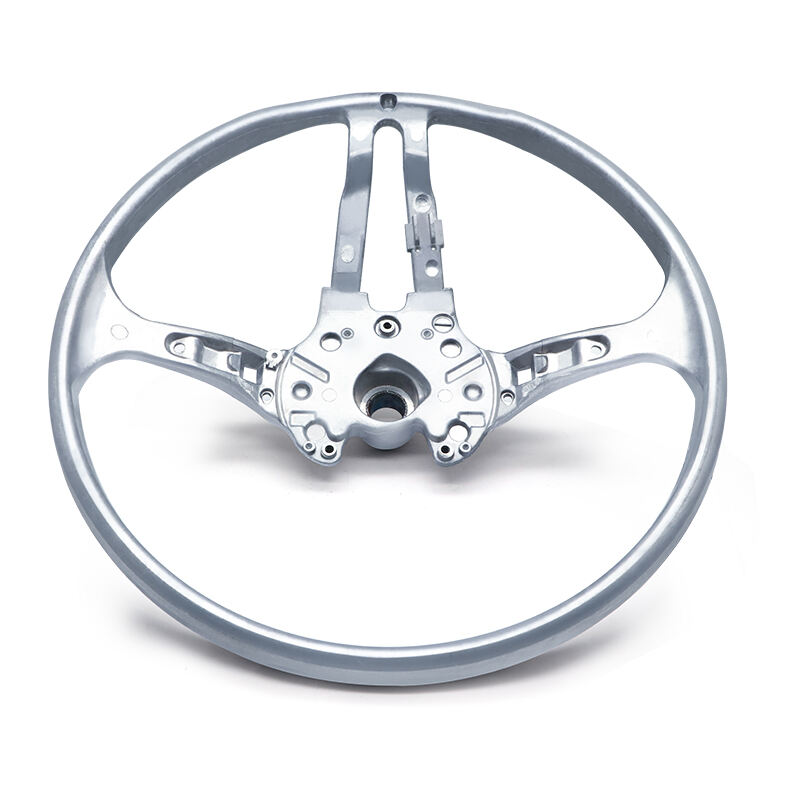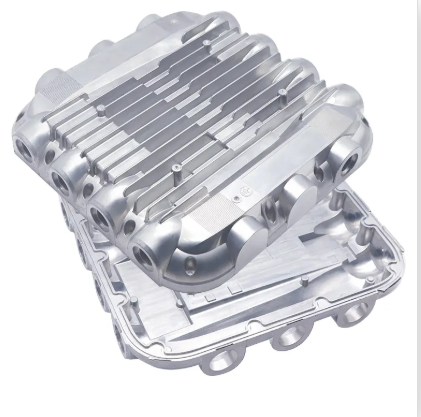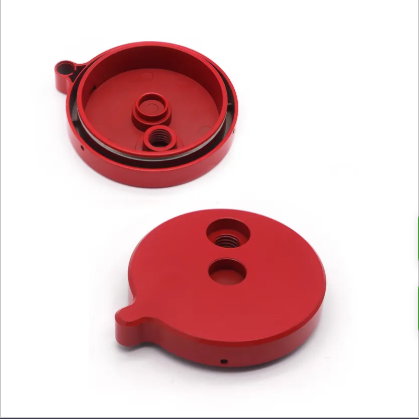
亜鉛合金ダイカストにおける均一な肉厚の利点 均一な肉厚を持つことは、製造プロセスの品質と効率に寄与するいくつかの利点があります。まず最初に、...(中略)...
さらに表示
亜鉛合金ダイカストの環境フットプリント理解 環境に優しい製造の基本原則 亜鉛合金ダイカストにおける環境に優しい製造とは、生産全体を通じて有害な排出物を削減し、リソースを節約することを意味します。
さらに表示
真空補助ダイカスト:精度と強度の向上 真空技術による空気閉じ込めの低減 従来のダイカストでは、空気の閉じ込めが最終製品に気孔などの欠陥を引き起こす原因となることがありました。溶融金属が...(中略)...
さらに表示
製造性設計(DFM)レビューの実施 デザイナーとエンジニアの早期協業の重要性 デザイナーとエンジニアが製造プロセスにおいて早期に協業することは極めて重要であり、設計ミスを大幅に削減することが可能です。
さらに表示
予測的最適化のためのモールドフロー解析の実施 空気の巻き込みおよび流れのアンバランスの特定 金型内での空気巻き込みの影響を把握することは、鋳造品の品質を確保するために重要です。空気の巻き込みはボイド(空洞)やその他の欠陥を引き起こす可能性があります。
さらに表示
カスタムダイキャストにおける精密エンジニアリング カスタムダイを使用してより严格的な公差を実現する カスタムダイキャストでは、厳しい設計要件を満たすためのダイをエンジニアリングでき、+/- 0.005インチという非常に正確な公差を達成できます。この精度は...。
さらに表示
コールドシャットとミスラン:不完全な充填への対処 根本原因:低い金属温度と乱流 不完全な充填はダイキャストにおいてしばしばコールドシャットやミスランを引き起こし、主に低い金属温度と乱流が原因です。金属が...。
さらに表示
アルミニウムダイキャストサプライヤー選定におけるコアコンピテンシーの理解 ダイキャストプロセスにおける技術的専門知識の評価 アルミニウムダイキャストのサプライヤーを選定する際には、その技術的専門知識を評価することが重要です。まず...
さらに表示
ダイキャストの精度のための金型設計とメンテナンス 金型の精度が寸法精度に与える影響 金型の精度は、ダイキャスト部品の寸法精度を確保する上で重要な役割を果たします。高精度で作られた金型では、その結果...
さらに表示
ダイキャスト材料選択の重要な要素 機械的強度の要件 機械的強度はダイキャスト応用において重要であり、最終製品の性能や耐久性に大きく影響します。ASTM B857のような基準が役立ちます...
さらに表示
合金組成と材料純度 ザマク合金のグレードと特性 ザマク合金について語る際、ザマク2、ザマク3、ザマク5の各グレードの特徴を理解することは欠かせません。これらのグレードはその品質特性において広く知られており、...
さらに表示
亜鉛合金の優れた材料特性 複雑な形状への高流動性 高い流動性:亜鉛は複雑な形状や薄肉の鋳造に適しており、高度な製造ニーズに応える形で進化してきました。...
さらに表示